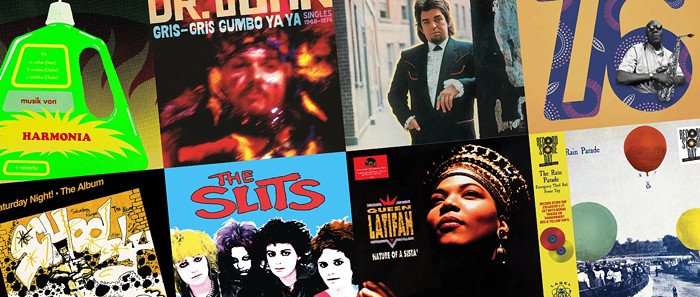Spanning three weeks and over 60 performances, the Earshot Jazz Festival testifies that jazz not only thrives, but has become a kind of classical music.
The use of instrumental combinations common to classical music merely suggests a superficial comparison. Composer/improvisers such as Wayne Horvitz (Fri Oct 20, Triple Door, 7 and 10 pm, $18/$20) have written compelling and haunting blues-tinged music that redefines what a string quartet can do. For this gig, Bill Frisell and the Odeon String Quartet open with Horvitz's These Hills of Glory; then Horvitz takes center stage with Gravitas, his new ensemble with BC-based cellist Peggy Lee, bassoonist Sara Schoenbeck, and trumpeter Ron Miles.
Yet to my ears, Wynton Marsalis (Sat Oct 21, Paramount Theatre, 8 pm, $35—$75), who spearheaded the hard bop revival in the 1980s, confirms that jazz is a classical music. Much like Sir John Eliot Gardiner's Orchestre Révolutionnaire et Romantique, who play Beethoven and Schumann on period instruments with careful attention to historically accurate performance practice, Marsalis is a sonic time capsule. His 2005 disc Live at the House of Tribes (Blue Note) affirms that the straight-ahead style can be kept alive, adopted by a subsequent generation, and flash-frozen, but still tasty.
Another sign of jazz becoming a classical music: the abundance of skilled high-school jazz bands. Forty years ago, jazz crept into college music conservatories. Today, thousands of high schools across the country boast a jazz program. Led by Clarence Acox, the Garfield High School Jazz Band (Sun Oct 22, Triple Door, 7 and 10 pm, $18/$20) have won accolades at national competitions. More importantly, they swing. Acox and company collaborate with David "Fathead" Newman, a compadre of Ray Charles during his heyday in the 1950s and '60s.
The Earshot Jazz Festival runs Oct 20—Nov 5. Visit www.earshot.org or call 547-9787 for venue details and a full schedule.


















